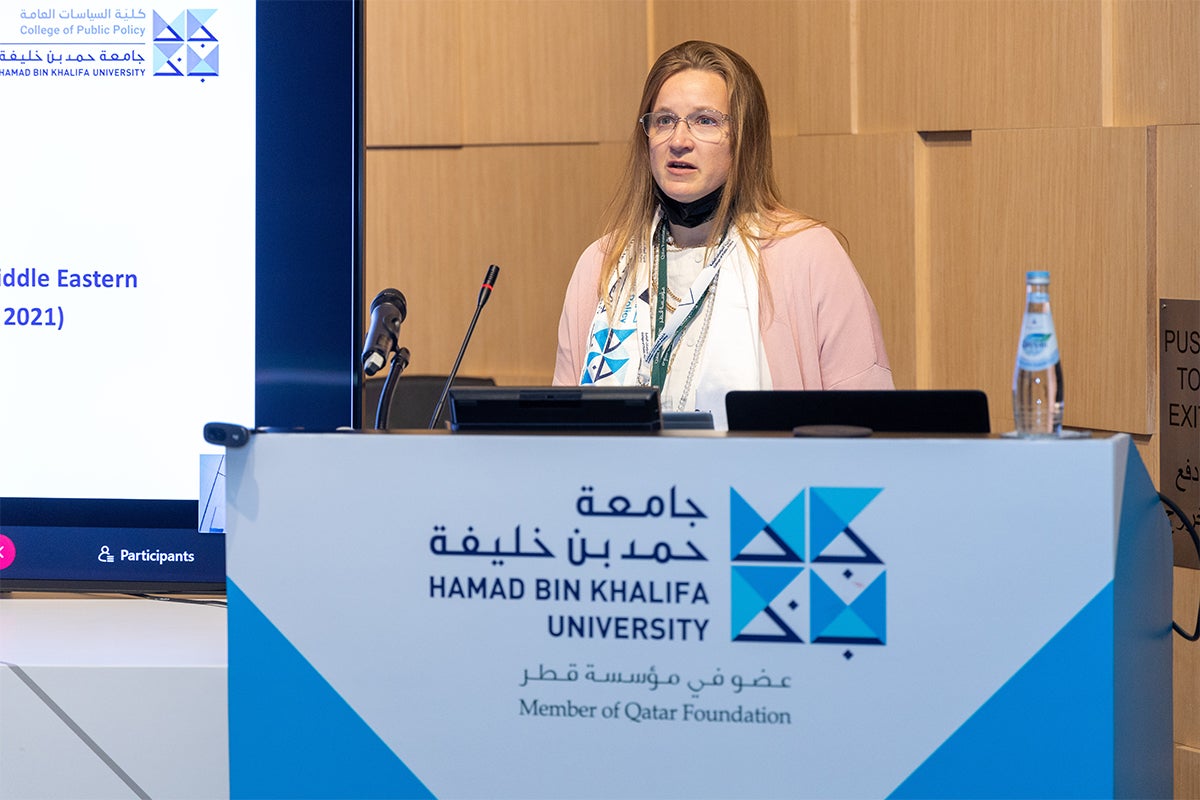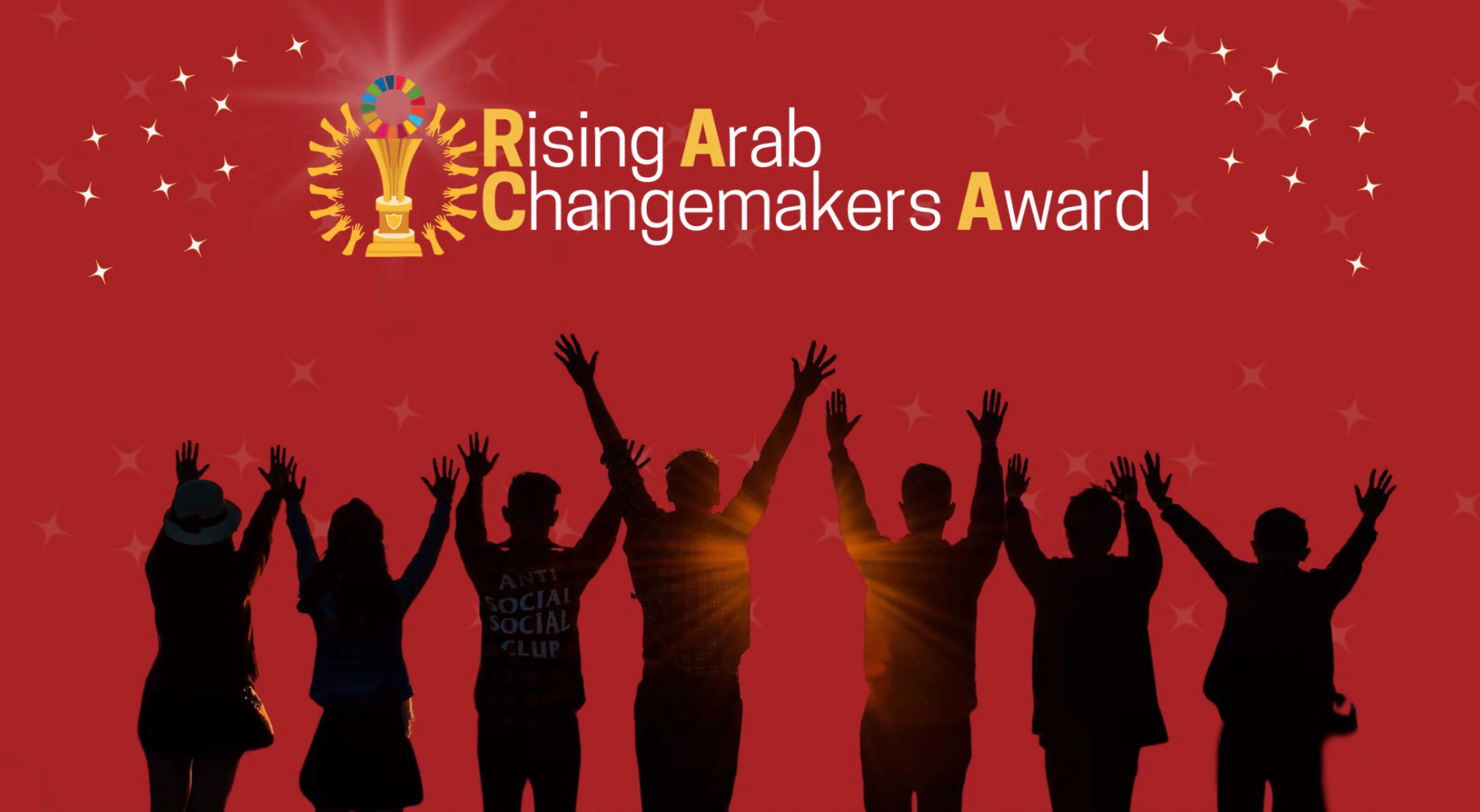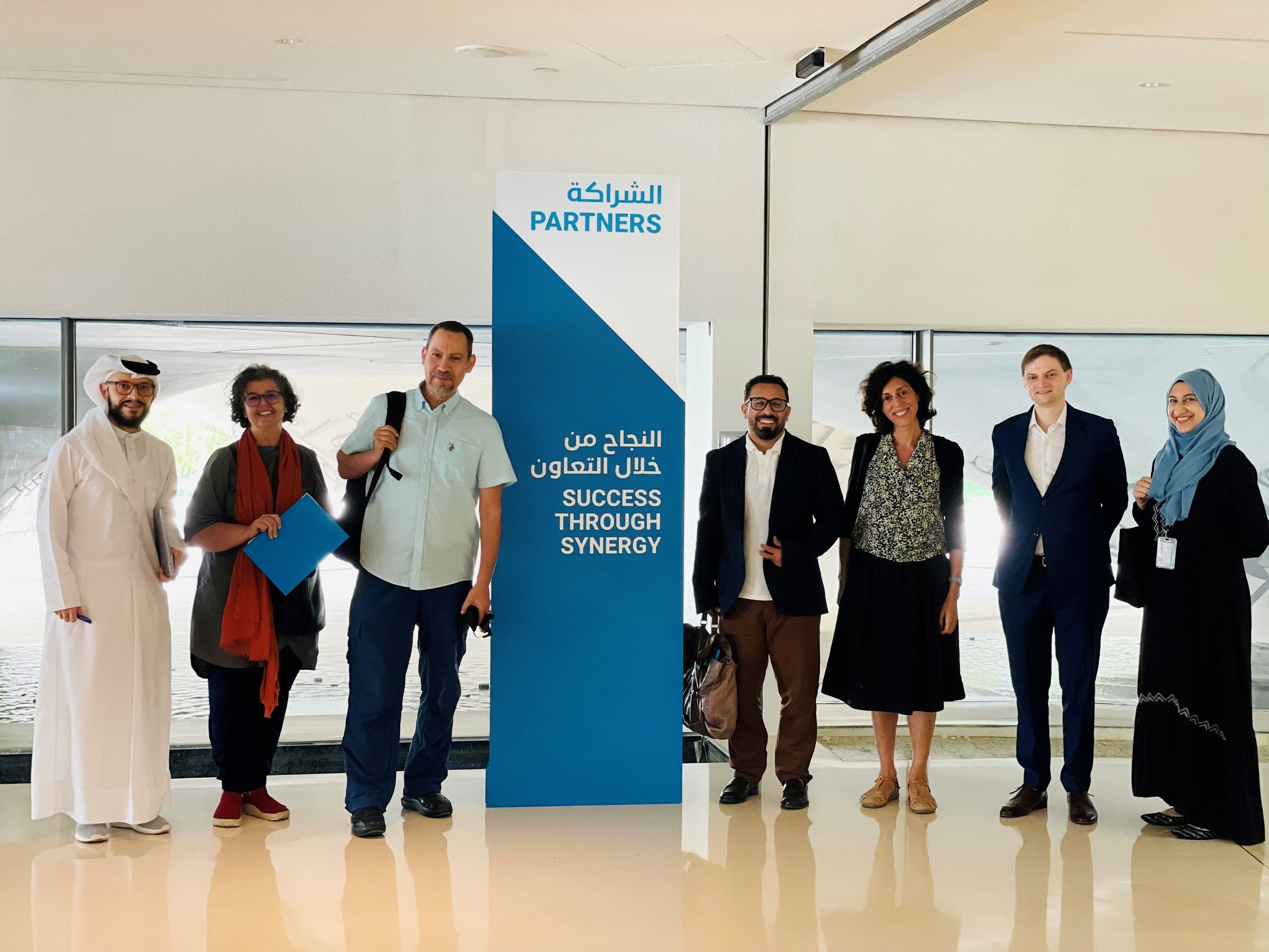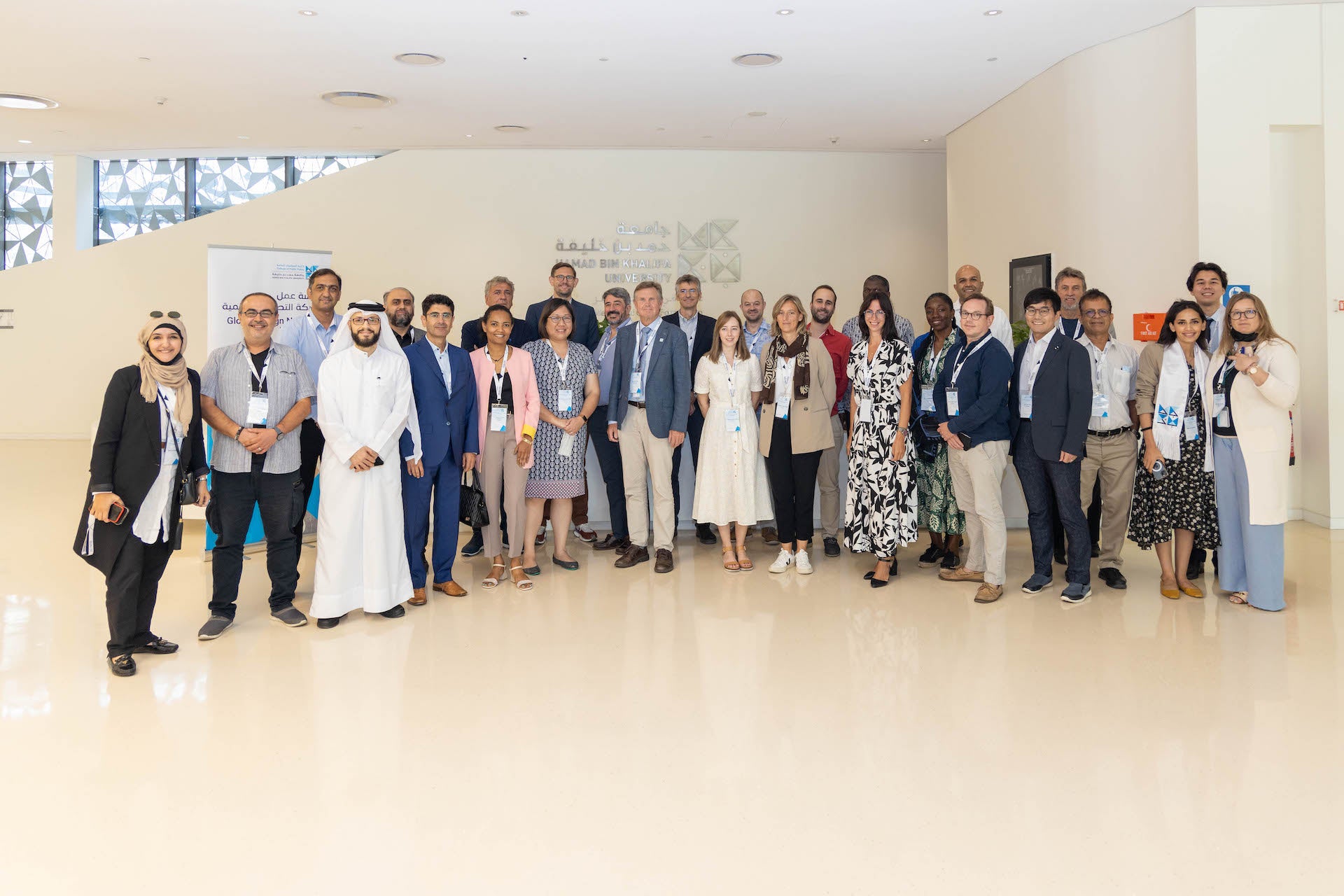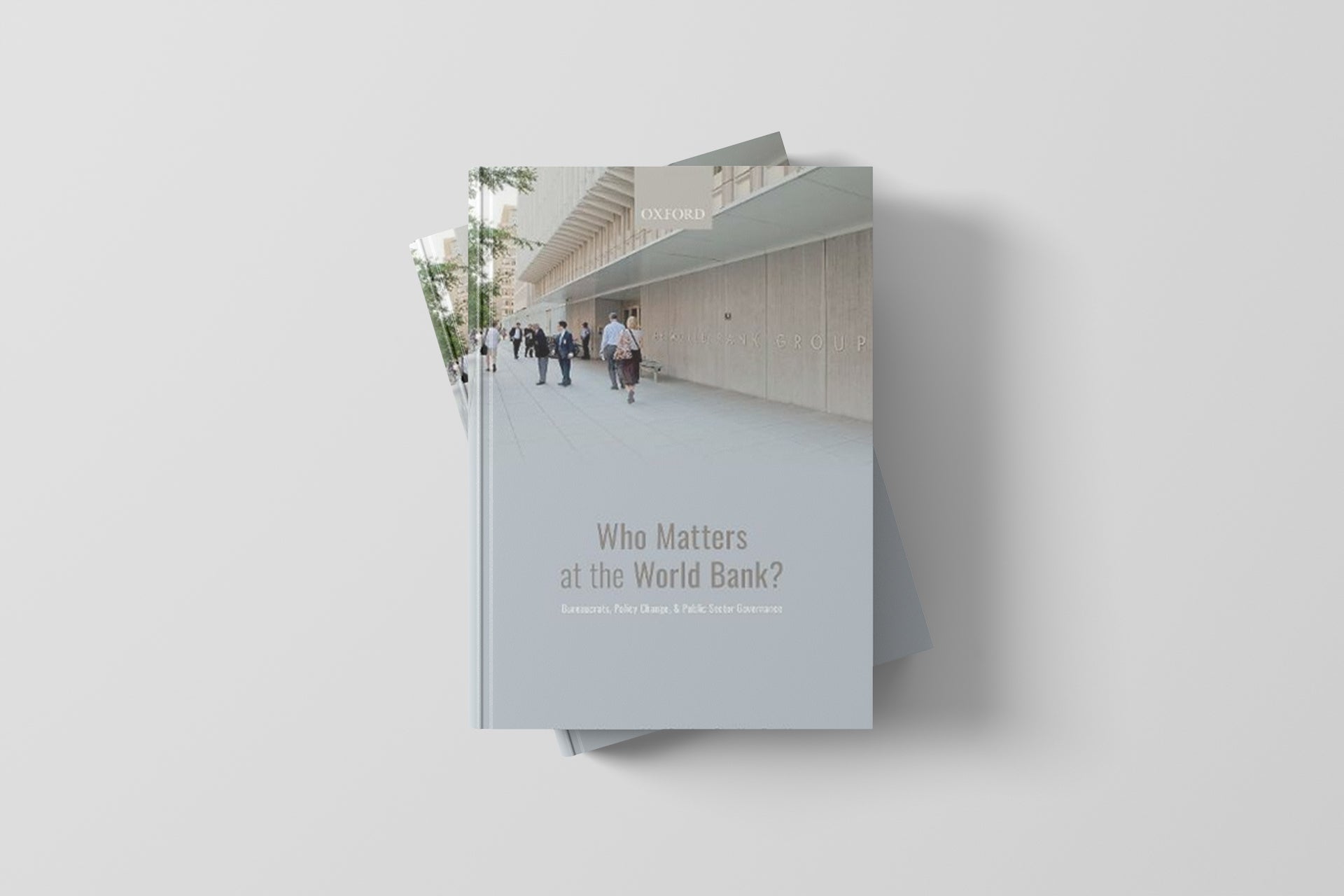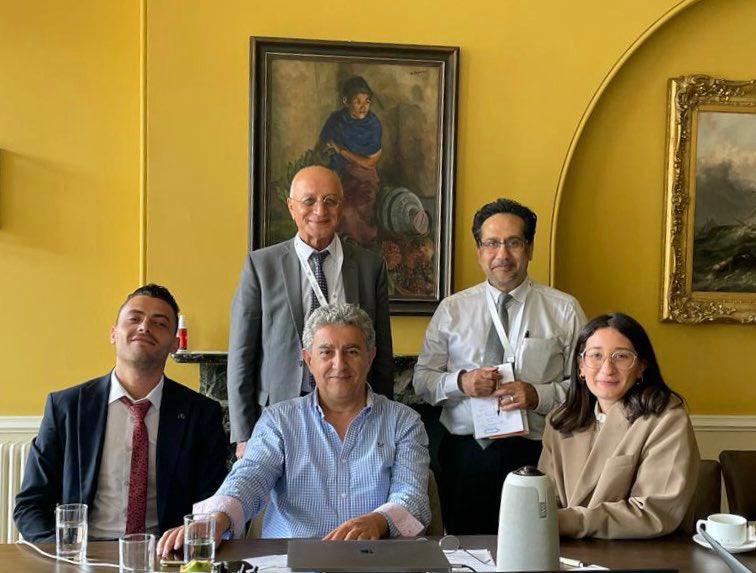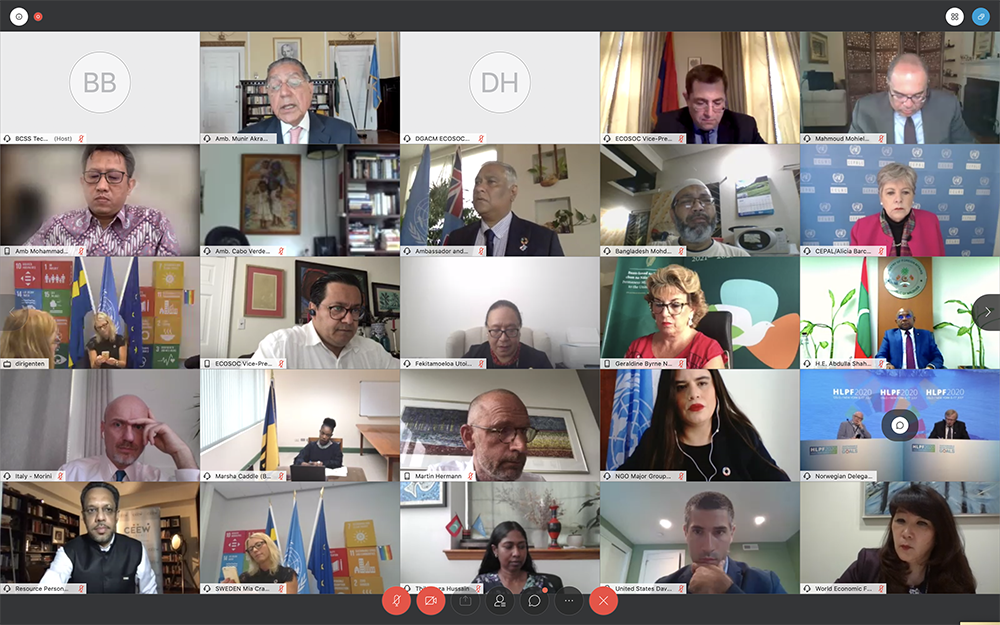
Dr. Anis Ben Brik, Associate Professor at the College of Public Policy (CPP) at Hamad Bin Khalifa University (HBKU), was nominated to represent the United Nations Non-Governmental Organizations (NGO) Major Group in the thematic session of the 2020 United Nations High-level Political Forum on Sustainable Development (HLPF).
In his capacity as the regional organizing partner for the Middle East and North Africa, Dr. Ben Brik represented over 1400 non-governmental organizations at the forum’s session entitled “Responding to the Economic Shock, Relaunching Growth and Sharing Economic Benefits, and Addressing Developing Countries' Financing Challenges," which emphasized, among other issues, the importance of strengthening social protection systems in the wake of the COVID-19 pandemic.
The HLPF annual meeting is the core United Nations platform for follow-up and review of the 2030 Agenda for Sustainable Development and its 17 Sustainable Development Goals. The 2020 HLPF meeting was virtually held at the United Nations HQ in New York from Tuesday, July 7, to Thursday, July 16, 2020, under the auspices of the United Nations Economic and Social Council. It included a three-day ministerial meeting, which ran from Tuesday, July 14, to Thursday, July 16, 2020.
During the session, which was chaired by the Vice President of the United Nations Economic and Social Council (ECOSOC) and attended by representatives of member states, civil society organizations and other stakeholders, Dr. Ben Brik argued that COVID-19 is a threat multiplier that exacerbates employment, health, ethnic, generational, gender, educational, geographical and digital inequalities. According to the International Labor Organization (ILO), 55 percent of the world’s population – as many as four billion people – lack access to healthcare and social security. Many have no option but to resort to regressive out-of-pocket payments to access health services, a situation that pushes them into poverty.
Dr. Ben Brik highlighted that the pandemic has shown the extent to which disadvantaged populations in the global south – a term that refers to the regions of Latin America, Asia, the Middle East, Africa and Oceania – are vulnerable to all of its negative consequences, including health, education employment and income disparities.
“In the absence of universal and adequate social protection, COVID-19 has revealed the devastating consequences of systemic shocks on societies, and exposed wide gaps in social protection coverage in the global south. Such gaps have the potential to compromise recovery plans, expose millions more to poverty, and affect readiness to cope with future crises,” he said.
Amongst other calls, Dr. Ben Brik argued that “COVID-19 is a turning point and wake-up call for governments to invest in universal social protection, healthcare, childcare and long-term care services. To this end, the United Nations’ Sustainable Development Goals are a clear way forward for ‘building back better’.”
His ultimate recommendations were to “urge governments and stakeholders to strengthen social protection systems and long-term social investment.” He argued for the development of universal social protection systems that guarantee access to healthcare and at least a basic level of income security offer the best chance of building resilience among populations.




